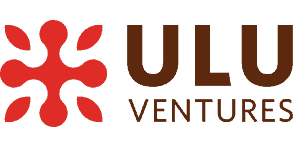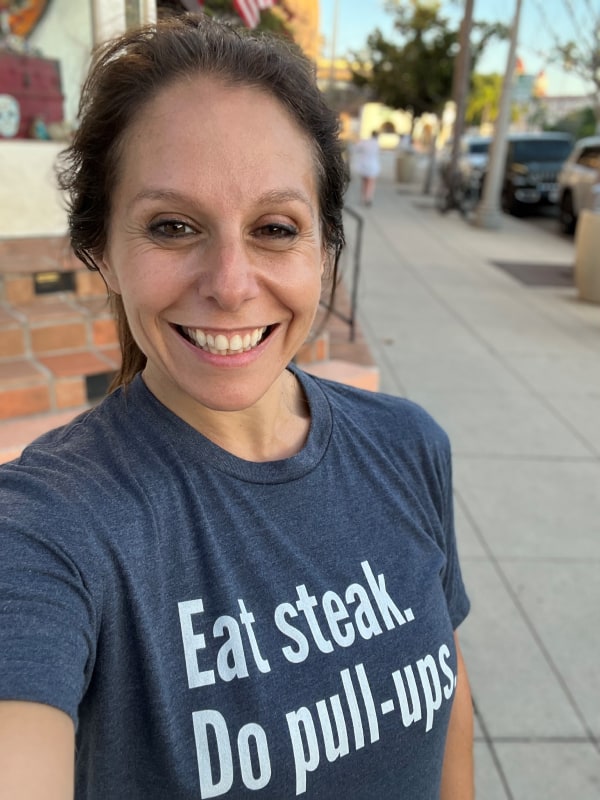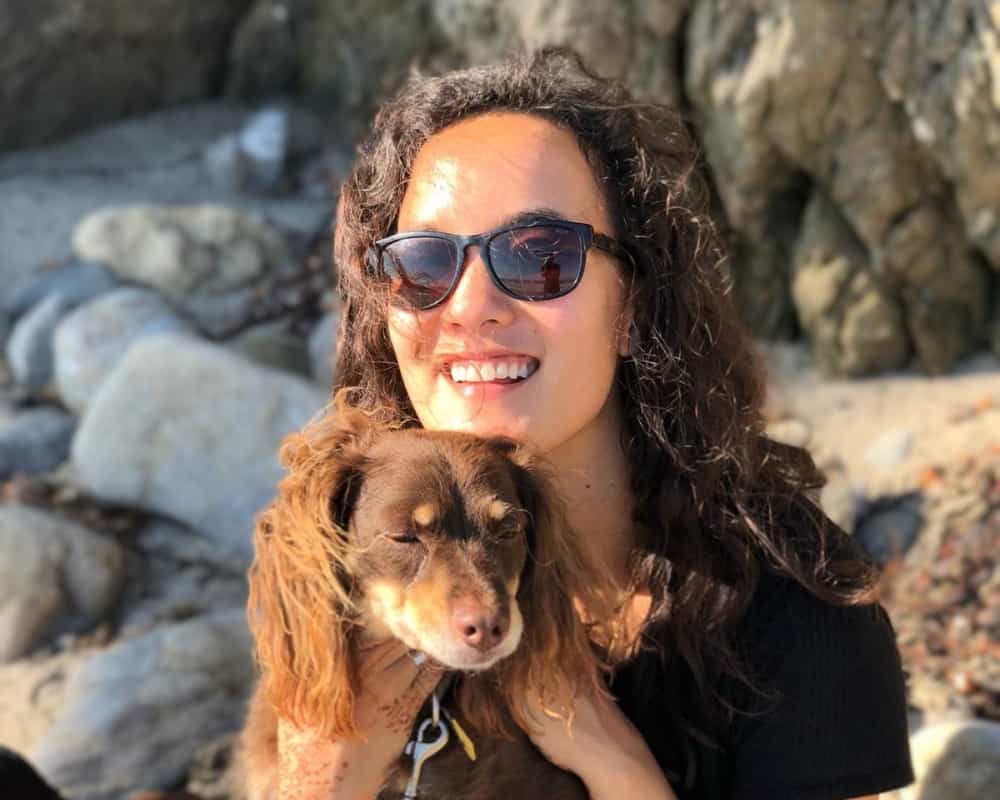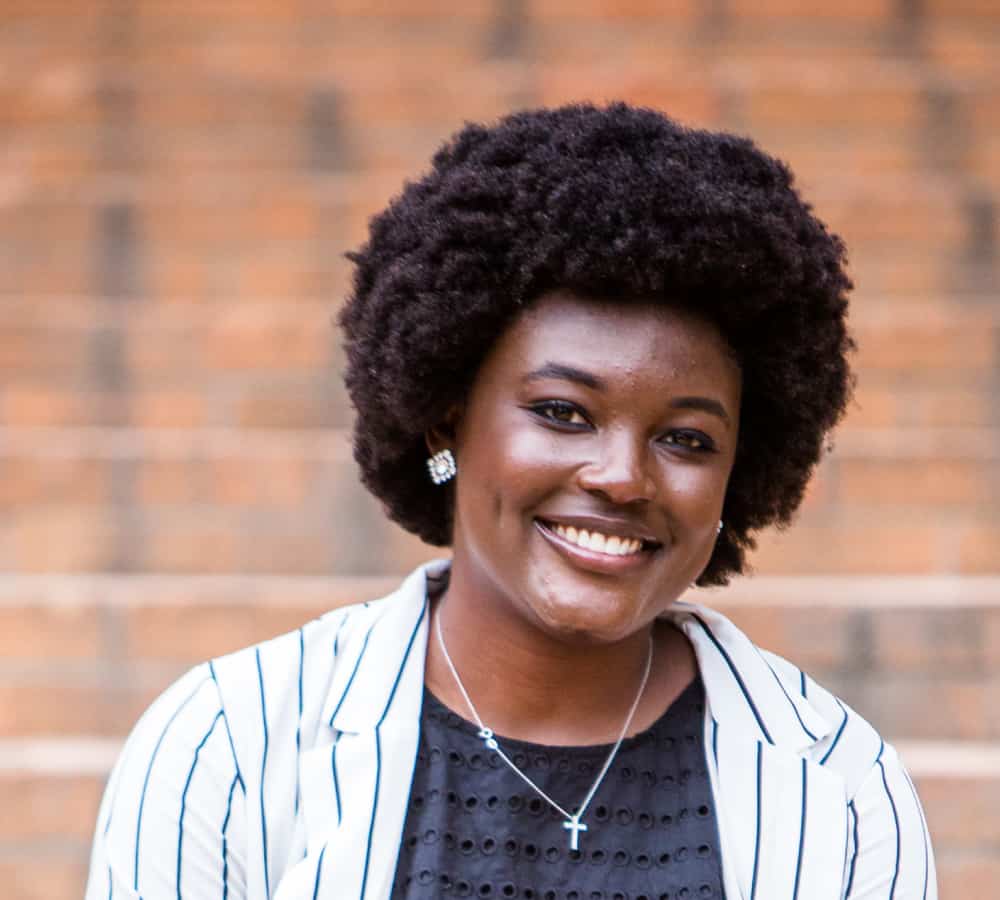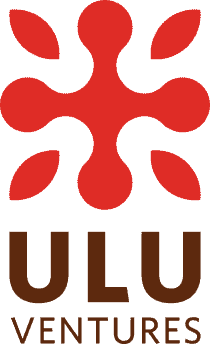Ulupreneur Aline Lerner didn’t know what she wanted to be when she grew up but was launched in the right direction at an early age. She began rudimentary computer programming in the third grade, and by the time she was 13, she was getting paid to create websites. So it’s no surprise that she went on to do her undergraduate work at MIT where she graduated with a degree in brain and cognitive sciences.
She shifted gears after college to pursue cooking professionally. Working in kitchens changed her whole way of thinking about hiring. She noticed that resumes weren’t necessarily important for restaurant interviews. You went in and showed them your stuff, chopped and cooked and if they liked what they tasted, they might offer you a job on the spot. So when she shifted back to being a software engineer she took those lessons about hiring and let the seed germinate. She became a recruiter in the software industry and saw how hard it was to hire engineers even for her own team. She worked at Udacity for a few years and then in 2015 founded interviewing.io. It’s a platform that helps software engineers prepare for technical interviews by working with engineers from major tech companies, but it’s done anonymously. Aline wants to make engineering hiring not only efficient but also fair and scalable.
When we spoke to her, she told us that a software engineer signs up for the platform every three minutes. She had some tips for founders and advice for employers hiring engineers.
You’ve received recent press about tips for employers on how to make sure interviewees aren’t cheating by using ChatGPT. Tell us more about that.
Employers need to think about their interview process because it’s so easy to cheat. Many companies don’t invest a lot into how they interview because they just look at Google or meta and say, “Well, that’s working for them, so let’s just copy their process.” Many companies are verbatim asking the same questions that they pull off of a site. I think there’s a website where you can get a leak code and get a list of their questions. ChatGPT has been trained on these lists because they’re publicly available, as well as on the solutions. So it is easy for people to have ChatGPT up during their interviews and actually get those answers. But if you start asking interviewees something that’s more customized, then not only is it much harder to cheat, but the candidate is going to have a better experience.
How did you get your first customers?
We didn’t really look for companies for the first few years of the platform. We were just trying to figure out how anonymous practice interviewing would work, how feedback would work, who our interviewers would be, and how to make sure that our interviewer quality was really good. We figured that once we got a community of engineers actively interviewing each other and being engaged, then we could start bringing in employers. I was fortunate because I had been a recruiter for several years so a lot of our first customers were my customers from my recruiting agency. Then I posted something on Hacker News asking for engineers to sign up. It said something like, “Anonymous interview practice with engineers from top companies.”
We didn’t have a product or funding or anything, but in 24 hours seven thousand people had signed up
What are your tips for founders raising money?
I don’t envy anybody trying to fundraise at the current moment. Most of our fundraising was done in boom times and that made things easier. One of the hardest things about fundraising is actually presenting the problem or any business idea to VCs because they may not have a personal connection to the problem or understand it. One thing that we did right for our first round of funding was that we actually tried to avoid VCs and went specifically to engineering leaders who themselves either had an exit or were liquid enough to make angel investments, because they understood the problem with VC pitches.
What have been your biggest challenges?
I’ve done every job at this company, and I’m better at some than others. It was a challenge to get in the headspace of no matter what it is I have to do, even if it’s really intimidating, I just have to do it. I don’t have a choice, I just gotta figure it out.
The pandemic was pretty scary because companies stopped hiring and all of our revenue came from companies. So we had to quickly pivot and start charging candidates. It was hard to make that decision but we had to make it quickly. Then our revenue went through the roof. We raised our Series A then the downturn in 2022 happened. Every little win that we had was like rolling a rock up a hill. And most of the time, nothing we did could meaningfully move our numbers. And now things are recovering.
What are your dreams for interviewing.io?
Our mission is to make hiring efficient and fair. We want to create a world where people who are good at stuff can have easy access to opportunity. That’s not the world that we live in today, but we can only address part of the problem in the tech industry and that is: how can we get competent people in front of employers and have employers take those people seriously? We’re hoping that by mapping the world’s talent, we will be able to create opportunities where talent exists rather than where outdated credentials exist.
